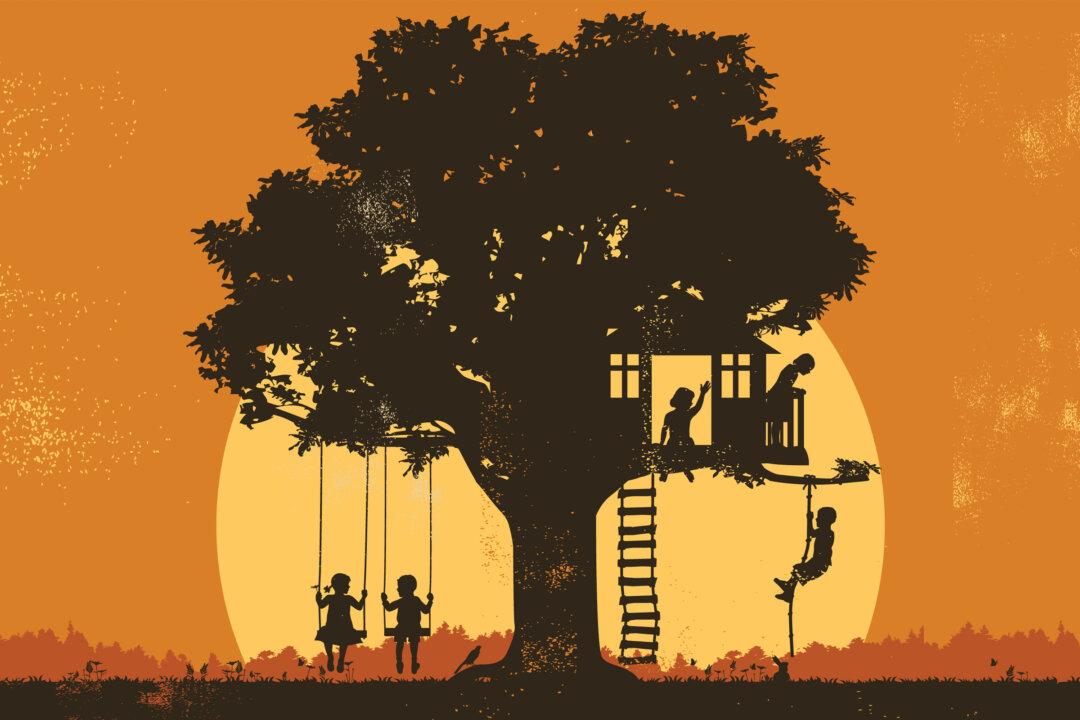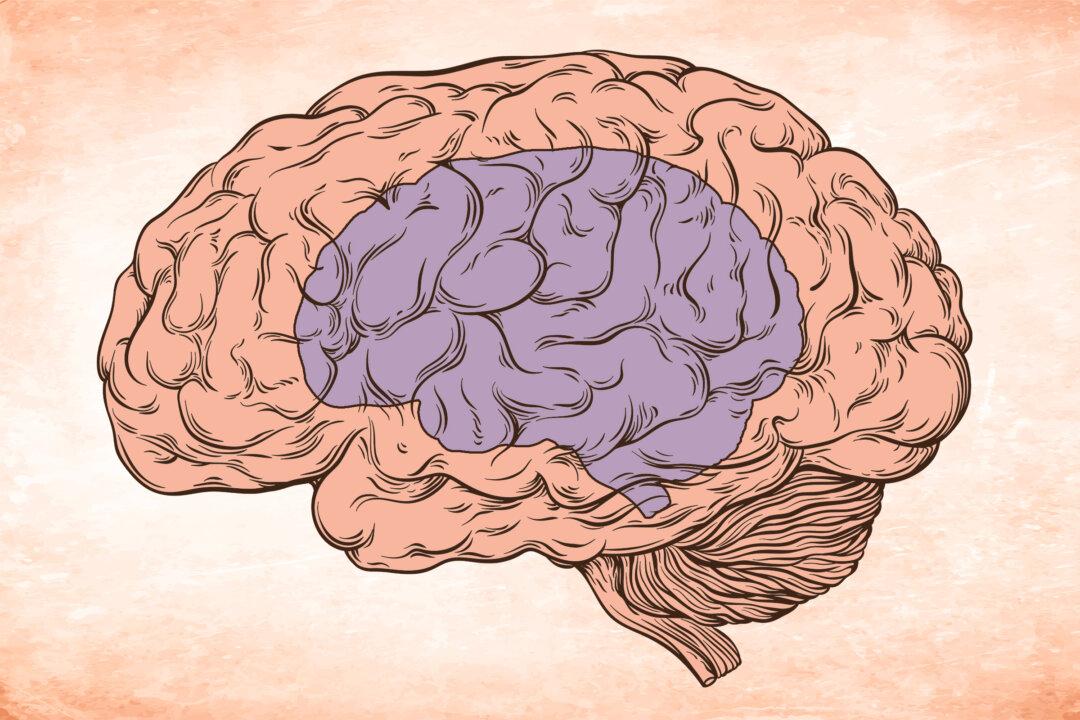Across the country Wednesday, Canadians of all backgrounds celebrated what this nation means to them. But some warn that the history and values that have made Canada what it is today are slowly being forgotten, leaving the next generation of Canadians and future newcomers at a loss.
Canada is one of the most ethnically diverse countries in the world and has been a land of immigrants since our Indigenous people first crossed the harsh landscape of the frozen Bering Sea from Siberia tens of thousands of years ago.
The second major immigration to Canada began when Europeans arrived 500 years ago, and minus a couple slowdowns during the two Great Wars, people have flocked to this land from a growing list of countries around the world.
After Canada eliminated nation-of-origin restrictions in 1962 and opened its doors to non-Europeans, a dramatic immigration shift has been seen as people from Asia, the Middle East, Africa and elsewhere turn Canada into a world within a nation—a country with pockets of people from hundreds of different ethnicities.
This multiculturalism has become a cornerstone of our national identity; some would argue it is now the foundation.
But while Canada has embraced the new, some organizations and politicians are concerned it has lost some of the old and that inadequate knowledge of our country’s history, institutions and government is preventing new Canadians and young Canadians from engaging fully with their country.
Prominent Canadian political theorist and co-founder of the Dominion Institute Rudyard Griffiths is concerned there is risk of a fractured national identity in Canada. He recently published a book on the topic called “Who We Are: A Citizen’s Manifesto,” a call for Canadians to revisit national values and reengage with their country.
“We are kind of driving around in a post-modern cul-de-sac, and as a result the country is now at risk of diminishing itself and losing a lot of the civic energy and dynamism that has propelled Canada to remarkable achievements,” he said.
He argues that Canada is an increasingly incongruent and regionalized country that does little to advocate core values, instead embracing a moral fluidity that undermines committed citizenship.
He argues that for Canadians to really engage with the voluntary civic and social organizations that are fundamental to a successful country, they need foundational knowledge in how the country works, its institutions, language, symbols and traditions.
“We’ve been, through work at the Dominion Institute and elsewhere, making an argument that Canada’s reserves of civic literacy and social capital are, if not depleted, woefully under resourced.”
The knowledge that lets Canadians make informed decisions in an election and understand political traditions, or engage the organizations outside government that often drive positive change is essential, he argues
Without that engagement there is no foundation for trust and citizens’ relationship with their country becomes increasingly superficial, he suggested.
That trust is built by “everything from volunteering in your local community to writing a letter to the editor,” said Griffiths.
Without shared core values as a nation and an understanding of our history, symbols and institutions, citizens become passive and disengage, he argues, citing declining voter turnout.
It’s an argument Minister Kenney seems to agree with. He’s been introducing policies to encourage new Canadians to more fully integrate with Canadian society, including strengthening the enforcement of language requirements for would-be immigrants.
In a recent interview in Maclean’s Magazine Kenney raised concerns about new Canadians ending up in ethnic enclaves within Canada’s three largest cities—Toronto, Montreal, and Vancouver—where approximately 75 per cent of them settle. In these ethnic communities it can become unnecessary to engage with the broader Canadian society.
He also suggested the citizenship test was weak in that it didn’t challenge new Canadians to understand essential cultural symbols.
“It’s bizarre to think that someone could become a Canadian citizen without ever being told what the poppy represents. It doesn’t even show up in the [test preparation] book but it talks about food processing in New Brunswick and how you recycle.”
But it isn’t only new Canadians that lack that knowledge. Young Canadians are similar, noted Kenney.
Which means building a sense of Canada will take more than helping new Canadians; it requires engagement on all levels.
The Dominion Institute, a research and advocacy group dedicated to creating “active and informed citizens through greater knowledge and appreciation of the Canadian story,”
recently graded each province on their high school history curriculum. None got an A, and four provinces and one territory failed. Only Quebec got a B+.
The report card noted that most provinces do not have Canadian history courses, only social studies.
Canada is one of the most ethnically diverse countries in the world and has been a land of immigrants since our Indigenous people first crossed the harsh landscape of the frozen Bering Sea from Siberia tens of thousands of years ago.
The second major immigration to Canada began when Europeans arrived 500 years ago, and minus a couple slowdowns during the two Great Wars, people have flocked to this land from a growing list of countries around the world.
After Canada eliminated nation-of-origin restrictions in 1962 and opened its doors to non-Europeans, a dramatic immigration shift has been seen as people from Asia, the Middle East, Africa and elsewhere turn Canada into a world within a nation—a country with pockets of people from hundreds of different ethnicities.
This multiculturalism has become a cornerstone of our national identity; some would argue it is now the foundation.
But while Canada has embraced the new, some organizations and politicians are concerned it has lost some of the old and that inadequate knowledge of our country’s history, institutions and government is preventing new Canadians and young Canadians from engaging fully with their country.
Prominent Canadian political theorist and co-founder of the Dominion Institute Rudyard Griffiths is concerned there is risk of a fractured national identity in Canada. He recently published a book on the topic called “Who We Are: A Citizen’s Manifesto,” a call for Canadians to revisit national values and reengage with their country.
“We are kind of driving around in a post-modern cul-de-sac, and as a result the country is now at risk of diminishing itself and losing a lot of the civic energy and dynamism that has propelled Canada to remarkable achievements,” he said.
He argues that Canada is an increasingly incongruent and regionalized country that does little to advocate core values, instead embracing a moral fluidity that undermines committed citizenship.
He argues that for Canadians to really engage with the voluntary civic and social organizations that are fundamental to a successful country, they need foundational knowledge in how the country works, its institutions, language, symbols and traditions.
“We’ve been, through work at the Dominion Institute and elsewhere, making an argument that Canada’s reserves of civic literacy and social capital are, if not depleted, woefully under resourced.”
The knowledge that lets Canadians make informed decisions in an election and understand political traditions, or engage the organizations outside government that often drive positive change is essential, he argues
Without that engagement there is no foundation for trust and citizens’ relationship with their country becomes increasingly superficial, he suggested.
That trust is built by “everything from volunteering in your local community to writing a letter to the editor,” said Griffiths.
Without shared core values as a nation and an understanding of our history, symbols and institutions, citizens become passive and disengage, he argues, citing declining voter turnout.
It’s an argument Minister Kenney seems to agree with. He’s been introducing policies to encourage new Canadians to more fully integrate with Canadian society, including strengthening the enforcement of language requirements for would-be immigrants.
In a recent interview in Maclean’s Magazine Kenney raised concerns about new Canadians ending up in ethnic enclaves within Canada’s three largest cities—Toronto, Montreal, and Vancouver—where approximately 75 per cent of them settle. In these ethnic communities it can become unnecessary to engage with the broader Canadian society.
He also suggested the citizenship test was weak in that it didn’t challenge new Canadians to understand essential cultural symbols.
“It’s bizarre to think that someone could become a Canadian citizen without ever being told what the poppy represents. It doesn’t even show up in the [test preparation] book but it talks about food processing in New Brunswick and how you recycle.”
But it isn’t only new Canadians that lack that knowledge. Young Canadians are similar, noted Kenney.
Which means building a sense of Canada will take more than helping new Canadians; it requires engagement on all levels.
The Dominion Institute, a research and advocacy group dedicated to creating “active and informed citizens through greater knowledge and appreciation of the Canadian story,”
recently graded each province on their high school history curriculum. None got an A, and four provinces and one territory failed. Only Quebec got a B+.
The report card noted that most provinces do not have Canadian history courses, only social studies.





Friends Read Free